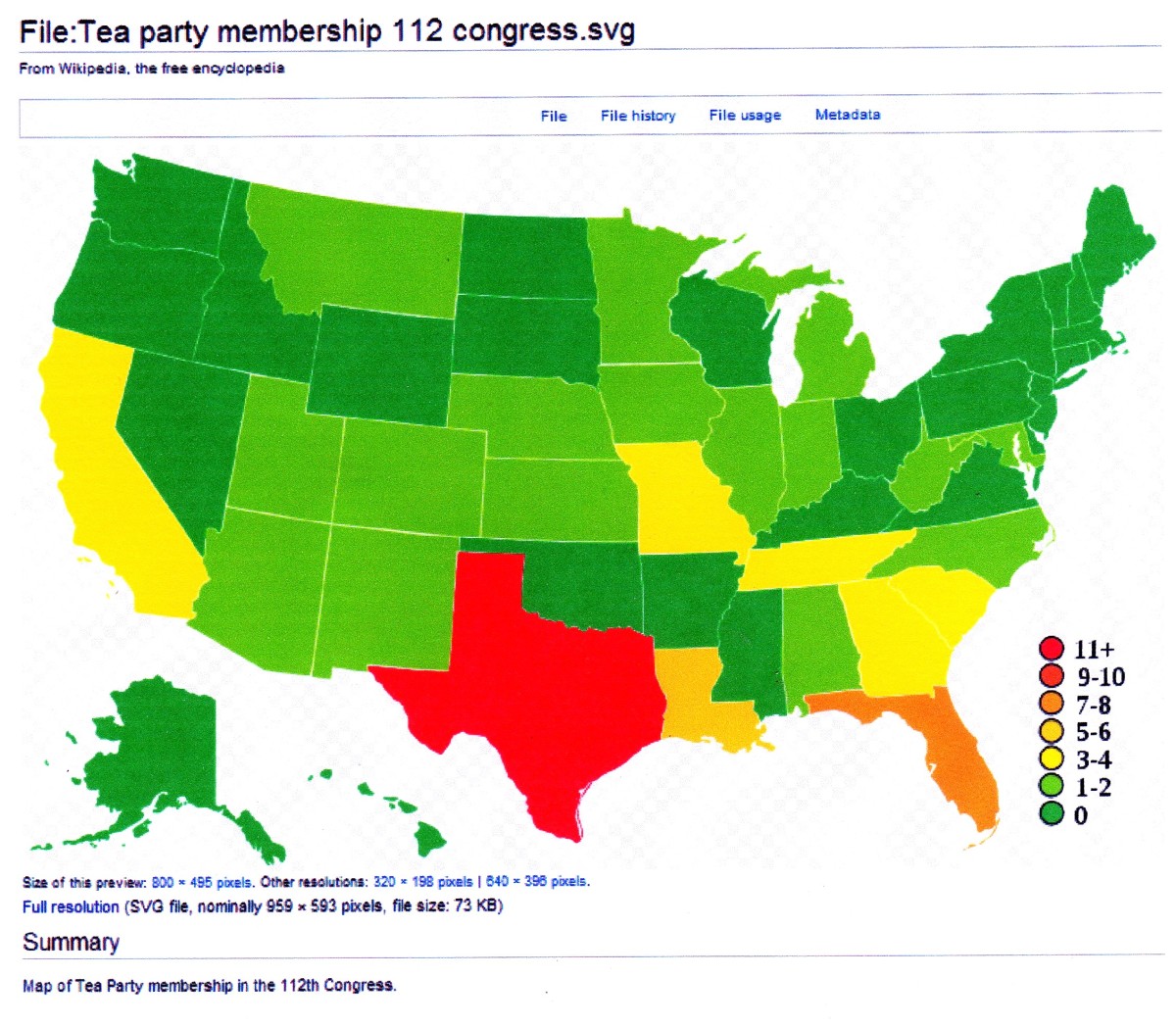Amazon Associates Cuts Off Colorado Affiliates Over Taxes
New Colorado Law Taxes Amazon Sales Via Associates
A new Colorado law which took effect on March 1st requires all online retailers who have affiliates within the State of Colorado to collect sales taxes for purchases made over the Internet. In response, Amazon sent a notice to all of its Colorado based Amazon Associates informing them that the company was terminating the Amazon affiliate program in Colorado. Obviously, this is a big setback for small businesses in making money online via the program.
Technically, the new law does not require Amazon to collect sales taxes in Colorado. That would be unconstitutional since the U.S. Supreme Court has ruled that companies can only be compelled to collect sales taxes in states that they have a "nexus," or some sort of physical presence such as warehouses, office space, or retail stores. Since Amazon does not have any physical presence in Colorado, it cannot be compelled by the state to collect Colorado sales tax no matter how many laws Colorado passes.
Theoretically, the individual who made the purchase still owes the sales taxes to the state they reside in. However, the only mechanism to collect those taxes would be voluntarily informing the state of the purchase and remitting the required sales taxes. You can imagine how often this happens in real life. Indeed, one of the best tax tricks for 2009 or any year is to buy expensive items online without sale tax.
In an effort to get around this prohibition, the Colorado legislature crafted legislation that requires any online retailer with any sort of marketing or affiliate program within the state to send, by regular snail mail, a notice to anyone who makes an online purchase informing them that they owe state sales taxes on their purchase. Therefore, technically, Colorado is not violating Federal Law by trying to compel Amazon to actually collect the taxes.
Obviously, this is a loophole only a lawyer could love. Amazon is an online retailer that operates on razor thin margins by eliminating the costs of physical retail stores and things like paper mail which require paying postage. By forcing Amazon to send a notice to every customer in the state, Colorado is deliberately making it both expensive and complicated to comply the law. The idea is that it won't be worth Amazon's time to do so, and instead, the company will just cave in and collect the state sales tax. The company's decision to end the Amazon affiliate program in Colorado is proof that they have no intention of doing so.
Amazon Affiliates Cut Off Before Swimsuit Season

Colorado Politics Issues and Reality
Of course, this decision doesn't hurt Amazon in anyway, nor does it help the state by generating extra revenues. Instead, the thousands of entrepreneurs in Colorado who make money as Amazon Associates are the ones who are going to get hurt because they can no longer participate in the program.
All of which would be a perfectly acceptable choice made by the elected representatives of the Colorado people, if any of them had even the slightest understanding of what they were talking about, or the effects of what they were doing.
A recent Denver Post article, shows uninformed Colorado Senator Michael Johnston proving his ignorance by saying that Amazon was just making an example of Colorado and that it was just a publicity stunt.
"They (Amazon) absolutely killed the affiliates just to show that they can," said Sen. Michael Johnston, D-Denver.
If Johnston did any research on the issue instead of reading the talking points some lobbyist handed him, he might know that Amazon had already ended its Amazon Associates program in Rhode Island and North Carolina when they passed laws aimed at forcing sales tax collections. The company also filed a lawsuit in New York when that state passed like minded laws. Amazon does so as a business decision and not for publicity.
For the time being, online business owners in Colorado have to worry about losing ALL of their affiliate relationships since the law applies to all online firms and not just Amazon. For example, Overstock.com also cut off affiliates in those states that tried to force expensive new business requirements.
Ironically, no one in Colorado government has commented yet on how much income tax revenue the state stands to lose after those thousands of Amazon Associates lose part of their income thanks to the elimination of affiliate programs.







